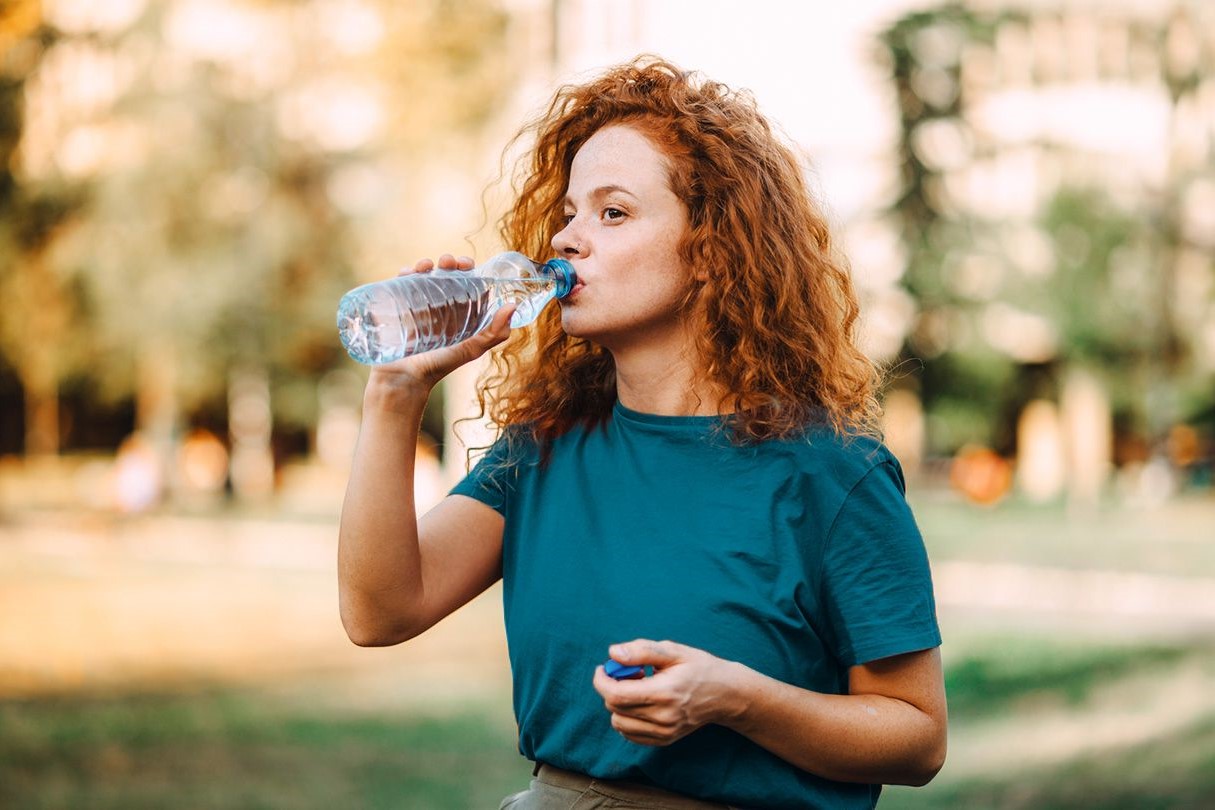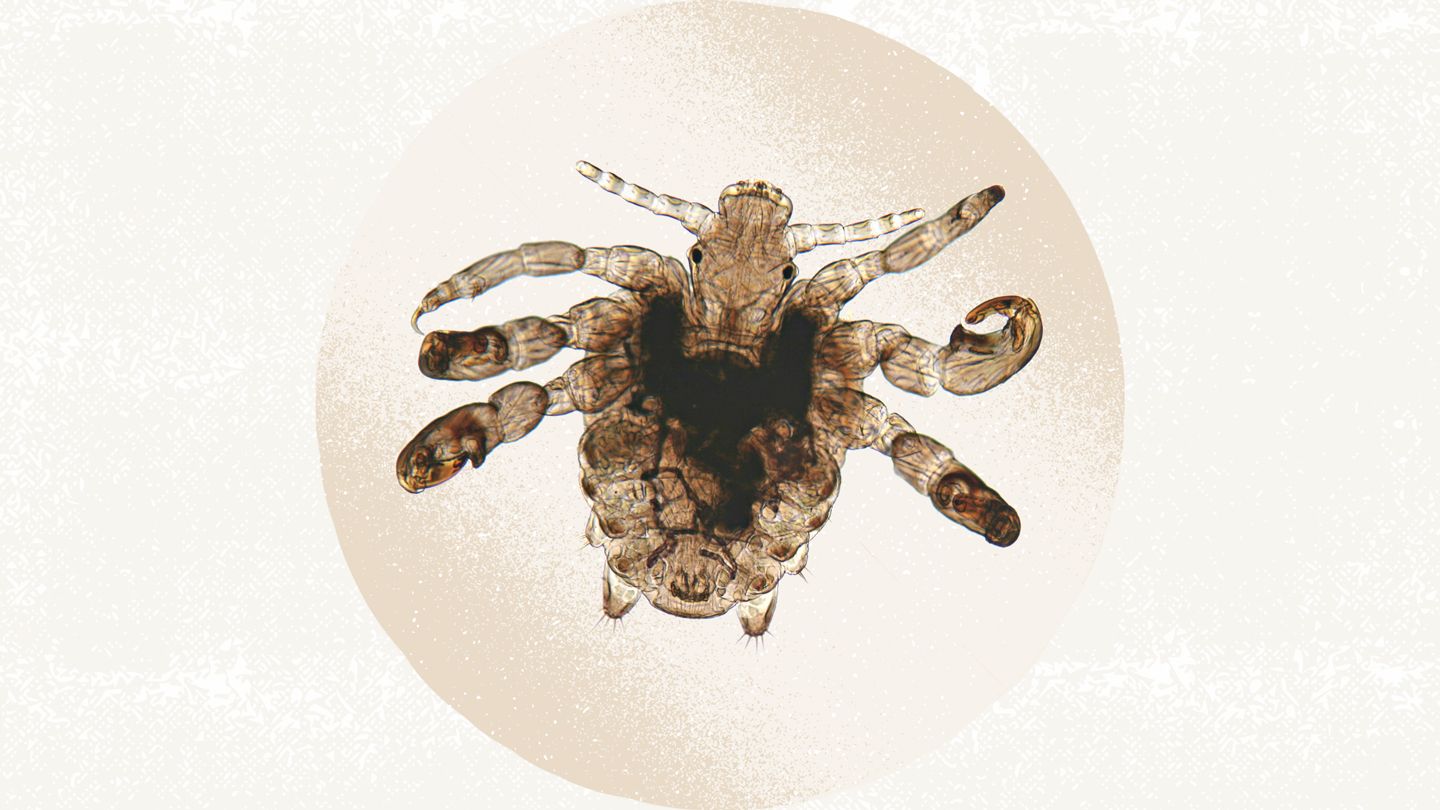
Plastic water bottles are everywhere, but how much do you really know about them? From their environmental impact to their surprising origins, these everyday items hold many secrets. Did you know that Americans use around 50 billion plastic water bottles each year? That's a staggering number, and only a fraction gets recycled. Plastic pollution is a growing concern, affecting oceans, wildlife, and even our health. But there's more to the story than just the negatives. Plastic bottles have revolutionized convenience and hydration on the go. Let's dive into 18 fascinating facts about these ubiquitous containers that will make you think twice the next time you reach for one.
The Ubiquity of Plastic Water Bottles
Plastic water bottles are everywhere. From grocery stores to gyms, they have become a staple in our daily lives. But how much do we really know about them?
-
Plastic water bottles were first introduced in 1947. Initially, they were expensive and not widely used. It wasn't until the 1970s, with the advent of polyethylene terephthalate (PET) bottles, that they became popular.
-
Americans purchase about 50 billion plastic water bottles annually. That's roughly 13 bottles per month for every person in the United States.
-
Only about 23% of plastic water bottles are recycled in the U.S. This means that 38 billion bottles end up in landfills each year.
Environmental Impact of Plastic Water Bottles
The environmental footprint of plastic water bottles is significant. From production to disposal, they affect our planet in numerous ways.
-
It takes up to 700 years for a plastic bottle to decompose. During this time, they break down into microplastics, which can harm wildlife and ecosystems.
-
Producing plastic bottles requires a lot of energy. Manufacturing a single bottle uses enough energy to power a 60-watt light bulb for six hours.
-
Plastic water bottles contribute to ocean pollution. Every year, millions of tons of plastic waste end up in the oceans, harming marine life.
Health Concerns Related to Plastic Water Bottles
While convenient, plastic water bottles can pose health risks. Chemicals used in their production can leach into the water we drink.
-
Bisphenol A (BPA) is a chemical found in some plastic bottles. BPA can seep into the water and has been linked to various health issues, including hormonal disruptions.
-
Phthalates are another concern. These chemicals, used to make plastic flexible, can also leach into bottled water and have been associated with reproductive problems.
-
Reusing plastic bottles can be risky. Over time, they can develop cracks and scratches, which can harbor bacteria.
Economic Aspects of Plastic Water Bottles
The plastic water bottle industry is a multi-billion dollar market. Its economic impact is felt globally.
-
The global bottled water market was valued at $217.66 billion in 2020. This figure is expected to grow significantly in the coming years.
-
Bottled water can be up to 2,000 times more expensive than tap water. Despite this, many people prefer bottled water for its convenience and perceived purity.
-
The industry provides jobs. From manufacturing to distribution, the bottled water industry employs thousands of people worldwide.
Alternatives to Plastic Water Bottles
Given the environmental and health concerns, many are seeking alternatives to plastic water bottles.
-
Stainless steel bottles are a popular alternative. They are durable, reusable, and do not leach chemicals into the water.
-
Glass bottles are another option. They are also reusable and do not contain harmful chemicals, but they can be heavy and breakable.
-
Filtered water pitchers offer a convenient way to enjoy clean water at home. They reduce the need for bottled water and are cost-effective in the long run.
Interesting Facts About Plastic Water Bottles
Beyond the environmental and health concerns, plastic water bottles have some surprising facts.
-
The first plastic bottle to be recycled was in 1977. This marked the beginning of efforts to reduce plastic waste.
-
Plastic water bottles can be turned into clothing. Recycled bottles are used to make items like fleece jackets and t-shirts.
-
Some companies are developing biodegradable bottles. These bottles are designed to break down more quickly than traditional plastic, reducing their environmental impact.
The Final Sip
Plastic water bottles are everywhere, but they come with a hefty price. From the staggering number of bottles produced each year to the shocking amount that ends up in landfills, the environmental impact is huge. Recycling helps, but not enough bottles make it through the process. Plus, the energy and resources used to produce and transport these bottles add to their carbon footprint.
Switching to reusable bottles can make a big difference. It reduces waste, saves money, and helps protect our planet. Next time you reach for a drink, think about the impact of that plastic bottle. Small changes in our daily habits can lead to big improvements for the environment. So, let's all do our part and make smarter choices. Your future self—and the Earth—will thank you.
Was this page helpful?
Our commitment to delivering trustworthy and engaging content is at the heart of what we do. Each fact on our site is contributed by real users like you, bringing a wealth of diverse insights and information. To ensure the highest standards of accuracy and reliability, our dedicated editors meticulously review each submission. This process guarantees that the facts we share are not only fascinating but also credible. Trust in our commitment to quality and authenticity as you explore and learn with us.


